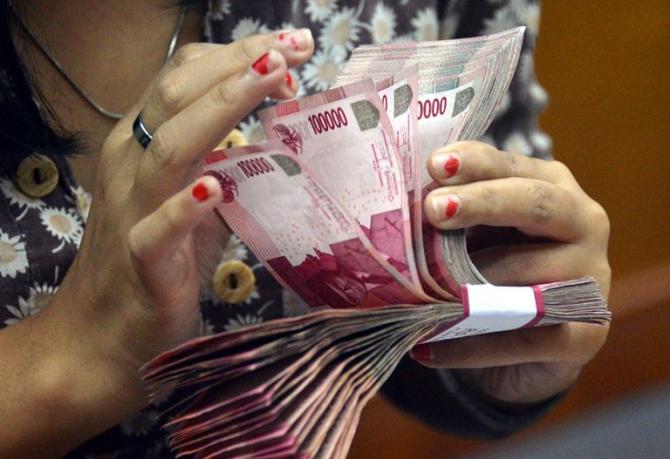
In essence, it is the financial weakness of parties that makes oligarchic takeovers possible; conversely, a party financially strengthened through more state subsidies is unlikely to surrender its leadership to tycoons. Ironically, the oligarchs are joined in their opposition to state subsidies by many nongovernmental organizations and the general public. A majority of Indonesia’s nongovernmental groups believes that parties are undeserving of an increase in state subsidies, arguing that they must reduce their corrupt behavior in order to qualify. However, this logic overlooks the inherent and causal relationship between low subsidies and higher levels of corruption.
Getting started
Of course, the skepticism of civil society groups is not unfounded. No doubt, some politicians will just pocket state subsidies and continue their predatory and corrupt attacks on state resources — but not all of them will. There are a significant number of party officials who would happily suspend their current illicit and high-risk fundraising methods if the state were to provide legal and regular payments. Clearly, NGOs need to be convinced of this, and a gradual introduction of higher state subsidies could help in this regard.
If, for instance, the Indonesian state increased national subsidies to Rp 2,500 per vote per year in a first step, NGOs could then evaluate the results before backing further increases. Important indicators of the effectiveness of state subsidies would be: a) the number of political party chairmanships held by oligarchs, b) the frequency and intensity of political corruption scandals associated with party fundraising, and c) the number of nonparty actors who run for public office by purchasing nominations from parties. There are already solid databases on these issues, so it would be possible to identify trends over time.
Should there be positive trends in all of these areas — fewer oligarchs leading parties, fewer political corruption scandals and fewer nonparty figures buying nominations — in a timeframe of two to three years, this could help convince NGOs that increased state subsidies to parties are a useful instrument in the fight against political corruption and tycoon control of parties. However, given current levels of opposition in civil society circles to state subsidies for parties (and given that many NGOs oppose such subventions even in consolidated democracies where the former have clearly helped to keep the degree of corruption and oligarchization low), it remains to be seen whether NGOs would support public party financing in case the experimental increase to Rp 2,500 per vote per year should prove successful.







 resized.png)
